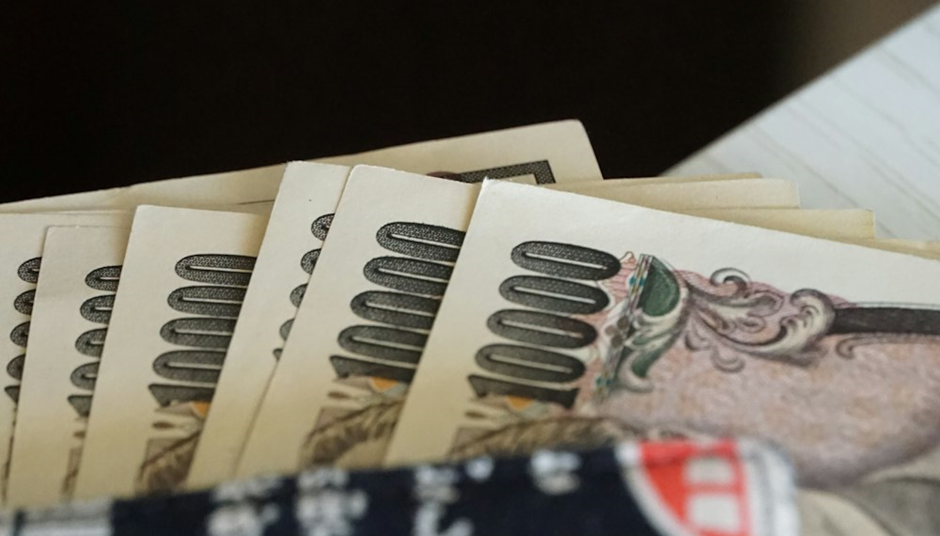Speculative bets are piling up that the Bank of Japan will soon scrap its negative interest rate policy, impacting Japanese money markets. Investors are aggressively shorting short-dated government bonds, expecting banks to dump them to park cash at the BoJ, earning positive rates. Futures contracts, on the other hand, are already pricing in an end to negative rates and a shift by the B0J to start using the overnight call rate as its main policy tool. Adding to these pressures, major manufacturers agreed to significant wage hikes this year, an inflationary move. With overnight rates likely turning positive, the BOJ would ditch its yield curve control framework for managing long-term bond yields. The intense positioning highlights speculation over an imminent historic monetary policy shift.
EQUITY
US stock indices showed a mixed performance, with the energy sector performing better due to higher oil prices. Tesla's stock dropped over 4% after Wells Fargo downgraded it, citing slowing growth and the minimal impact of price cuts. On the other hand, the US House of Representatives passed a bill that could ban TikTok unless its Chinese owner, Bytedance, divest the company within six months, which could benefit rival platforms like Instagram and YouTube.
GOLD
Investors seem optimistic about June rate cuts, supporting gold prices as they held gold above $2,170 an ounce despite higher inflation. Gold gained nearly 1% on Wednesday, with a weaker dollar boosting its safe-haven appeal. Producer inflation, retail sales, and jobless claims will be monitored for guidance on the Fed's monetary policy direction.
OIL
Oil prices edged higher on Thursday, extending 2% gains from the previous session. Driving the rally were a drawdown in U.S. gasoline inventories, pointing to better demand, as well as attacks by Ukraine on Russian refineries that exacerbated supply concerns. However, worries over Chinese demand and the prospect of higher interest rates might limit further rallies.
CURRENCY
The dollar steadied ahead of key retail and producer price data that could give a clearer direction for fiscal policy. Asian currencies retreated as the strong U.S. inflation data raised expectations of the Fed maintaining higher rates for longer. The Japanese yen consolidated gains as markets priced in potential policy normalisation by the Bank of Japan, including an end to negative rates.













